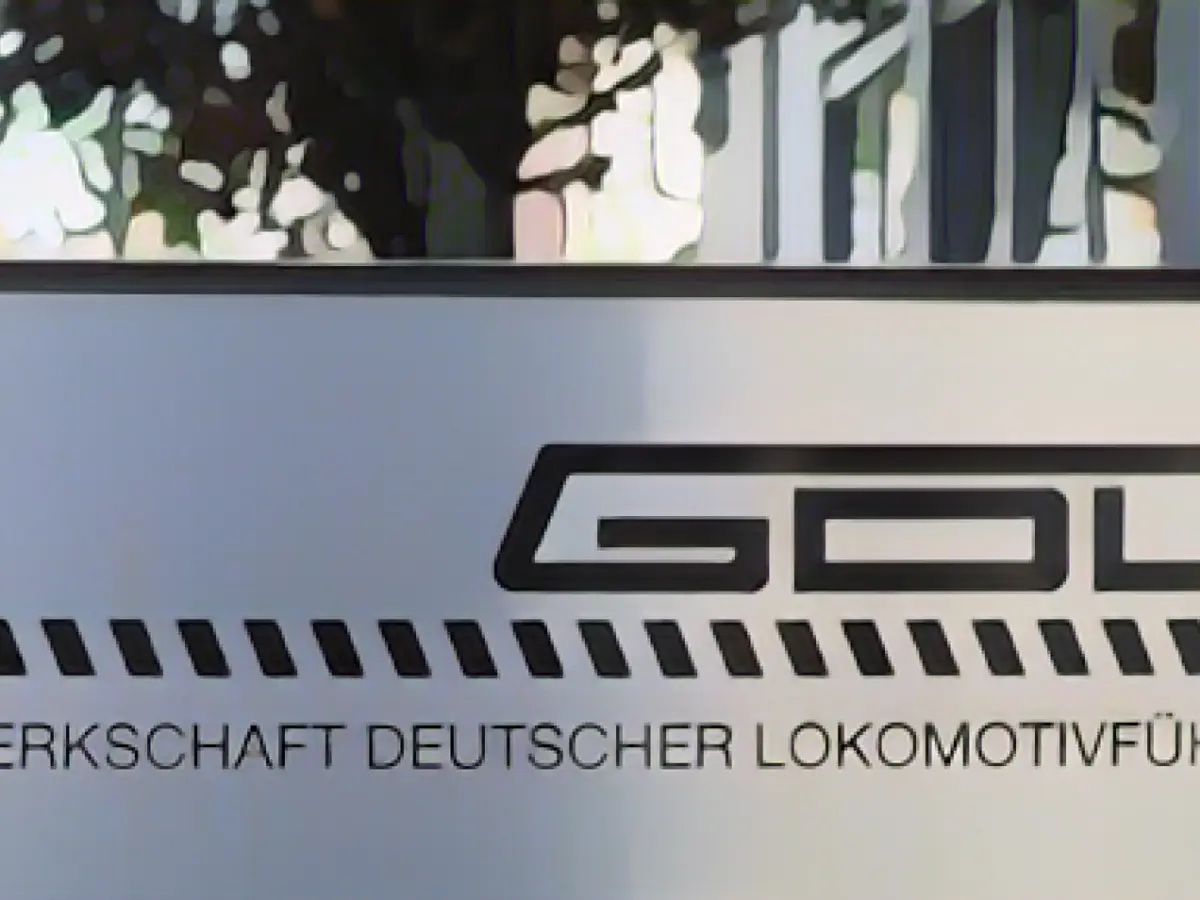CDU's Party Conference in Frankfurter Main: A Crucial Discussion on Coalition Agreement
The CDU party conference in Frankfurt, set to take place soon, will spotlight the coalition agreement between the CDU and SPD in Hesse. Following the state elections on October 8, the CDU emerged as the victor, securing a 34.6% share, while the SPD lagged behind at 15.1%. Boris Rhein, the CDU's candidate for state prime minister, now faces the challenge of convincing party members of the merits of this new coalition, especially as the coalition talks were sparked by the SPD's Nancy Faeser expressing openness to negotiations.
The CDU's decision to pursue coalition negotiations with the SPD is expected to bring stability to Hesse's large cities. The absence of the Greens in the coalition may influence environmental policies, as they had been strong proponents in these areas. The new coalition agreement, set to commence on January 18, will govern the State Government's policies and actions for the next four years, shaping not only Hesse's but also Germany's political landscape, as the SPD and CDU are Germany's two largest parties.
Insights
Historically, Germany's CDU/CSU and SPD have formed stable and popular grand coalitions, each influencing national policies in their unique ways. While the CDU has shown willingness to discuss coalitions with the SPD and FDP, the SPD has also indicated openness to working with the CDU/CSU. However, the exact terms and conditions of these coalitions can be complex, influenced by internal party dynamics and external pressures.
In Hesse, the CDU and SPD have typically been major political players, with their local alliances reflecting broader national trends but also unique characteristics. Any coalition agreement between the CDU and SPD in Hesse would likely involve significant negotiations over policies, including economic strategies and migration policies, with the CDU's stance on maintaining the debt brake serving as a potential point of contention.
The CDU, SPD, Greens, and FDP generally maintain a cordon sanitaire against the AfD, refusing to form coalitions or cooperate with this political group at the federal level. These external factors could impact coalition negotiations and influence the overall political landscape in Germany.
In the context of the aforementioned general coalition configurations and Hesse-specific politics, the coalition agreement between the CDU and SPD will shape the policies and actions of the State Government for the next four years.








